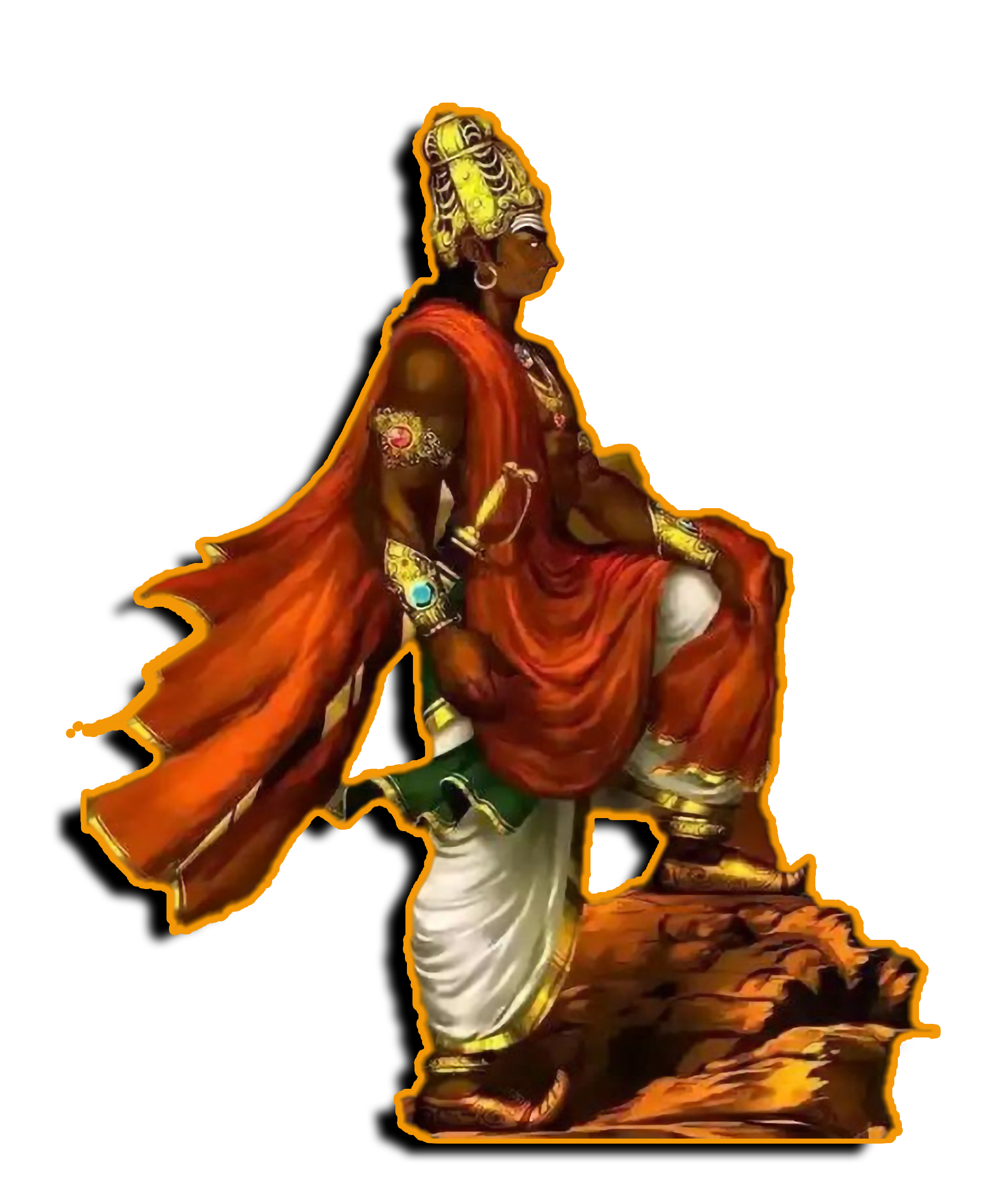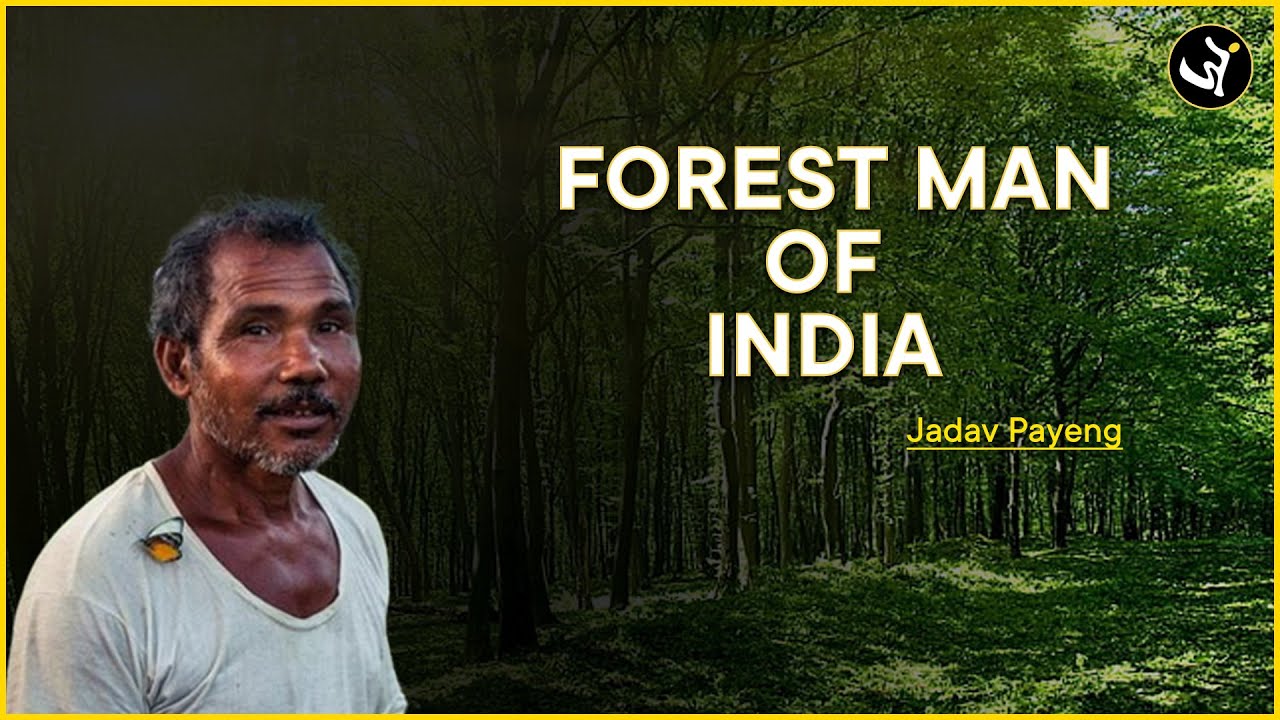JRD Tata was a prominent Indian businessman and philanthropist. He served as the chairman of Tata Sons, the holding company of the Tata Group, for over 50 years. Under his leadership, the Tata Group expanded and diversified into multiple industries, including steel, automobiles, and aviation.
About
J.R.D. Tata, full name Jehangir Ratanji Dadabhoy Tata, was an Indian entrepreneur and aviation pioneer who founded India's first airline and oversaw the rapid growth of the Tata Group, which is now the country's largest industrial conglomerate. He was born on July 29, 1904, in Paris, France, and passed away on November 29, 1993, in Geneva, Switzerland.
Background
Despite coming from one of the wealthiest families in India, Tata's mother was French, thus he spent a large portion of his childhood there. He spoke French as his first language as a result. He first met aviation pioneer Louis Blériot while on a summer vacation, and the experience sparked a passion for flying that would last the rest of his life. Tata completed a year of military service in the French army after studying in France, Japan, and England. Although he had intended to study engineering at the University of Cambridge, he was forced to return to India in 1925 to take up his position in the Tata family company. The Tata Group was one of India's leading corporate empires when it was founded in 1868 by Tata's great-grandfather.
Within a year after his father's passing, Tata succeeded him as director of Tata Sons, the Group's major business. In 1929, Tata gave up his French nationality and became one of the first Indians to be granted a commercial pilot's certificate. Tata founded Tata Air Mail in 1932 as a courier service between Karachi, Ahmadabad, Bombay (now Mumbai), and Madras (now Chennai). Tata was the youngest board member of Tata Sons when he assumed leadership of the Tata Group in 1938 at the age of 34. He renamed his airmail service Tata Airlines, establishing it as India's first domestic airline, then he changed the name of the quickly expanding business to Air India in 1946.
Several organizations were created under his direction to support Indian efforts in science, medicine, and the arts. The National Institute of Advanced Sciences, the National Centre for the Performing Arts, the Tata Institute of Fundamental Research, the Tata Memorial Hospital, the Tata Institute of Social Sciences, and others were among them. He was a proponent of family planning from the beginning (a politically contentious position), and in 1971 he founded the Family Planning Foundation. Among the honors bestowed on Tata were the Padma Vibhushan (1957), the aviation-related Daniel Guggenheim Medal (1988), and the United Nations Population Award (1992). He was presented with India's highest civilian honor, the Bharat Ratna, in 1992.
JRD Tata's Career
- In 1925, JRD Tata began working as an unpaid apprentice for Tata & Sons.
- In February 1929, he became India's first pilot.
- After becoming India's first pilot, he played a crucial part in giving India wings by founding Tata Airlines, which later evolved into Air India.
- 1932: The establishment of Tata Aviation Services in 1932 satiated his enthusiasm for flying.
- 1948 saw the founding of Air India International, India's first international airline, by JRD Tata.
- JRD was appointed by the Indian government to the positions of Chairman of Air India and Director on the Board of Indian Airlines in 1953. He served in both capacities for 25 years. JRD received the honorary rank of Air Commodore of India for his outstanding contributions to aviation.
- 1956: JRD Tata launched a closer "employee association with management" initiative to give employees a more powerful say in business issues. He supported the eight-hour workday, free medical care, workers' provident plans, and workmen's accident compensation programs, all of which ultimately became legislative requirements in India because of his strong commitment to employee welfare.
- In 1979, Tata showed a lot of concern for his employees. A new rule was implemented by Tata Steel, according to which a worker is considered to be "at work" from the time he leaves home for work till he gets home from work. If an accident occurs on the route to or from work, the employer is held financially accountable to the employee. Tata Steel Township was chosen as a UN Global Compact City due to the standard of living, sanitary conditions, transportation, and social services it provided.
- The Tata Group's assets increased from $100 million to $5 billion under his tenure.
- 14 businesses were under his direction when he first began.
- He founded Titan industries in 1987.
Endeavors of JRD Tata
The Tata Group founded TCS, which was once known as "the Tata Computer Center." First-ever general manager of FC Kohli served under the first chairman JRD Tata. TCS now ranks second in India for business process outsourcing services and first in Asia for information technology services.
The Tata Group, of which Tata Motors is a member, administers its shareholding via Tata Sons. The firm was founded in 1950 as a locomotive production unit and then expanded its business into the commercial vehicle sector in 1954 after establishing a joint venture with German company Daimler-Benz AG.
He determined that the most realistic new business would be to create a little automobile based on consumer demand. Thus, it introduced the first wholly indigenous passenger automobile in India, the Tata Indica, in 1998. The Indica became well-known and one of the most sought-after cars in the Indian market because it was made to be cheap to produce, easy to maintain, and simple to manufacture. In particular, the UK and Italy received their exports from Europe.
• Titan Industries' watch division was founded in 1987 by the company's founder. It was India's third watch business at the time of its founding, behind HMT and Allwyn. Titan established a robust distribution network throughout India as part of a joint venture with Timex that lasted until 1998. Currently, Titan watches hold a 60% market share in India and are distributed to roughly 40 other nations.
• VSNL (Videsh Sanchaar Nigam Limited), the predecessor to Tata Communications, was established in 1986. The government-owned VSNL was acquired by the Tata Group on February 13th, 2008, and later changed its name to Tata Communications Ltd.
• Founder of Tata Tea, the second-largest producer and distributor of tea in the world (also known as Tata-Tetley). Tata Group owns it, and it sells tea under the well-known brand's Tata Tea, Tetley, Good Earth Teas, and JEMCA.
• Voltas was founded; it was incorporated in Mumbai on September 6, 1954. In 1954, M/s. Volkart Brothers and Tatas promoted the company. A member of the Tata Group is Voltas.
Social Activities are done by JRD Tata
JRD engages in social activities Since the Sir Dorabji Tata Trust's foundation in 1932, Tata JRD has served as its trustee. The Tata Memorial Center for Cancer, Research, and Treatment was founded in Bombay in 1941 under his guidance, becoming Asia's first cancer hospital. In addition, it helped create the National Center for Performing Arts, the Tata Institute of Social Sciences, and the Tata Institute of Fundamental Research.
Awards and Achievements of JRD Tata
- He received the Legion of Honor from the French government in 1954.
- JRD Tata was awarded the Padambhushana in 1957, the year before Air India celebrated its silver anniversary.
- For his outstanding achievements in commercial aviation, he was given the Tony Jannus Award in 1979.
- He was awarded the Guggenheim Medal for Aviation in 1988.
- In 1992, he received the Bharat Ratna, the highest civilian honor, in recognition of his altruistic humanitarian activities.
- He received the United Nations Population Award in 1992 in recognition of his tireless efforts to start and successfully carry out the family planning movement in India.
Famous Quotes By Ratan Tata
1"I don't think making the proper decisions is important. I make the proper decisions after taking them.
2. "Walk alone if you want to move quickly. But if you want to travel a distance, walk with someone.
3. "I frequently believed that the Indian Tiger was still caged."
4. "People still think that what they read has to be the truth."
5- "Do it if it passes the public scrutiny test... Don't do anything if it can't withstand criticism from the general public.
6- "My major concerns are not riches and power."
7- "I've been asking individuals to support one another, to challenge the status quo, and to not be afraid to propose fresh concepts and innovative methods for accomplishing goals."
8- "Iron can only be destroyed by its rust! Similarly, no one can ruin a person except for their thinking!
9- "Businesses must consider the communities they serve above and beyond the interests of their enterprises."
10- "Ups and downs in life are extremely vital to keep us going since even in an ECG a straight line suggests we are not living."
Taking Tata into the Future
JRD expanded into several emerging areas, diversifying what was already a sizable established business. Companies like Tata Chemicals, Tata Motors, and Tata Consultancy Services all had their start under his direction. They currently rank among the Tata group's top revenue generators. JRD was often a touch self-deprecating when asked what caused this achievement and what made him unique. He, he described as "uneducated."
He wasn't genuinely illiterate. He just said that since he never got to go to Cambridge and pursue his ambition of becoming an engineer. But he claimed that his expertise, "if any," he would add modestly, was in selecting the appropriate individuals. He always had a gift for identifying the appropriate individuals and the discernment to allow them the freedom to work independently. He was in charge of handing Darbari Seth, a young guy at the time, responsibility for a developing chemical industry in Gujarat, a state in western India. That man went on to create the largest soda ash factory in India and a massive chemicals company from it that gave India complete chemical independence.
Additionally, he was in charge of bringing in the guy who played a key role in the establishment of Tata Motors, the company that went on to buy Jaguar and Land Rover. The individual in issue, Sumant Moolgaokar, once worked for the industry titan ACC, which manufactures cement. Do you want to spend the rest of your life selling sugar water or do you want to join me and change the world?, Steve Jobs allegedly asked John Sculley while bringing him from Pepsi to Apple. Similar to the last story, JRD asked Sumant Moolgaokar from ACC Cement, "How long are you going to create the glue that keeps the bricks together?" before hiring him. That individual later created the prosperous Tata subsidiary that is now Tata Motors.
Conclusion
J RD Tata was one of the most respected and influential industrialists of his time. He was the founder of the Tata Group, one of India's largest and most successful conglomerates. He was also a pioneer in the Indian aviation industry and was responsible for many other groundbreaking achievements. Tata was a man of great vision and integrity, and his legacy continues to inspire generations of Indians.









